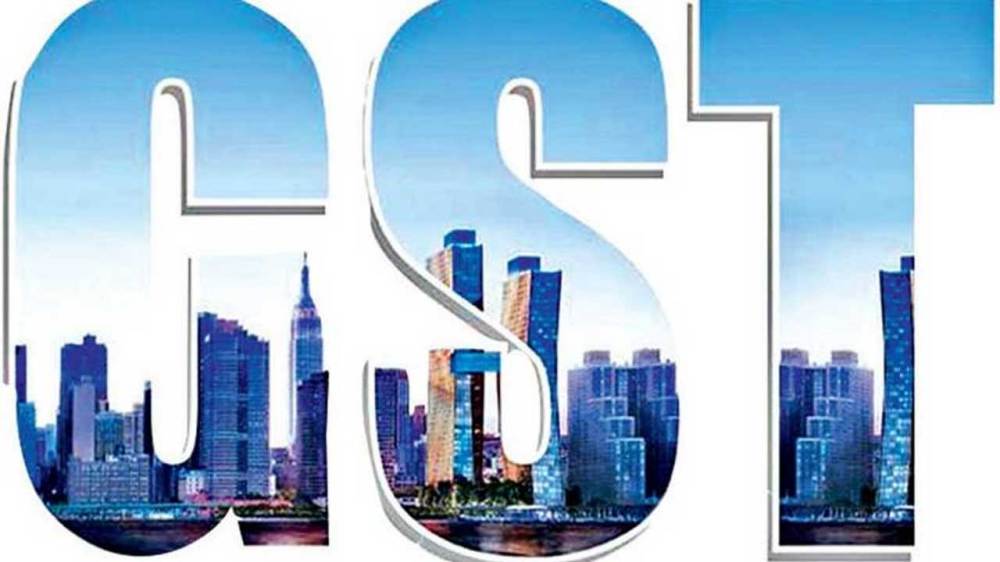
Real estate developers are protesting against the imposition of 18 per cent GST on transfer of development rights under joint development agreements (JDA) between scheme developers and land owners. His view is that since JDA is not involved in the land sale transaction, the transfer rights are not taxable. According to the scheme developers, no services are provided under joint development, hence it may not fall under the purview of GST. Also, the imposition of GST on JDA will increase the dues, as a result of which the developers will have to recover this increase from the buyers. Basically, JDA is a contractual partnership between a land owner and developers to build a project on the land owner's property. Under this arrangement, when the land owner provides the land, the developer is responsible for constructing the building and associated infrastructure. The real estate sector believes that GST can be levied if the land is sold to a third party. Earlier this week, a developer had filed a petition in the Supreme Court against the order of the Telangana High Court. Of course, the Supreme Court did not stay the order of the Telangana High Court. Therefore, till the Supreme Court decides on this matter, land owners and scheme developers will have to pay 18 percent GST on JDA. Further hearing of this case will be held on September 9. Telangana High Court said in its decision that tax should be imposed on JDA. After the developer's application, the Supreme Court has sent a notice to the Central Government seeking its reply.
Imposition of GST on JDA will only increase the burden on buyers
According to the scheme developers, since no service is provided under the joint development, it cannot be covered by GST, and imposing GST on JDA will increase the dues, resulting in the developers having to recover the increase from the buyers. , Due to which the financial burden on them is increasing.
 look news india
look news india